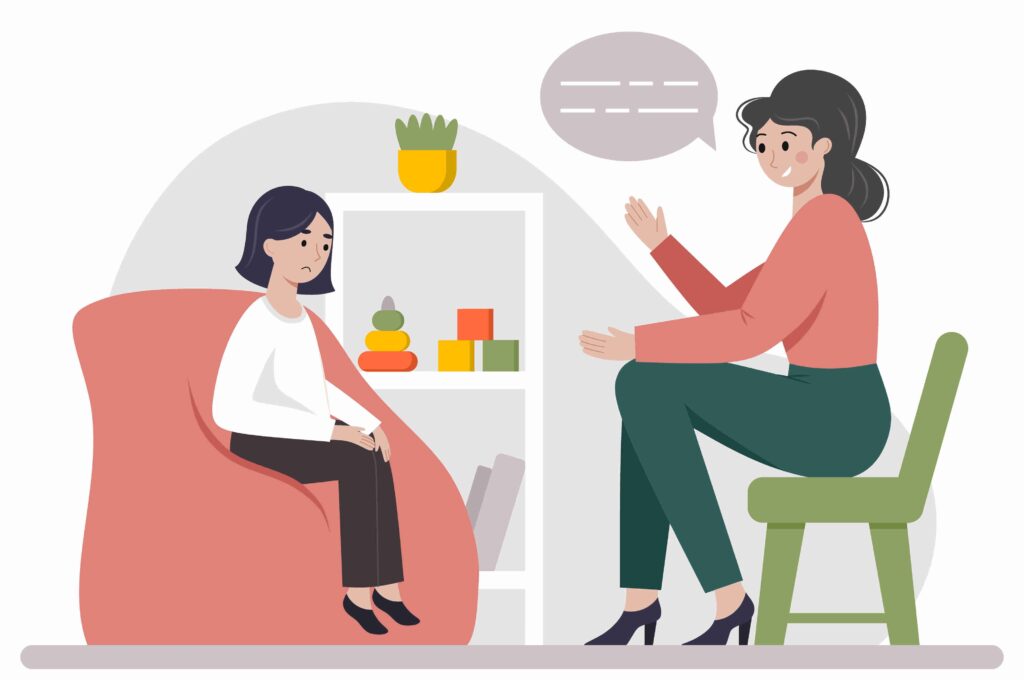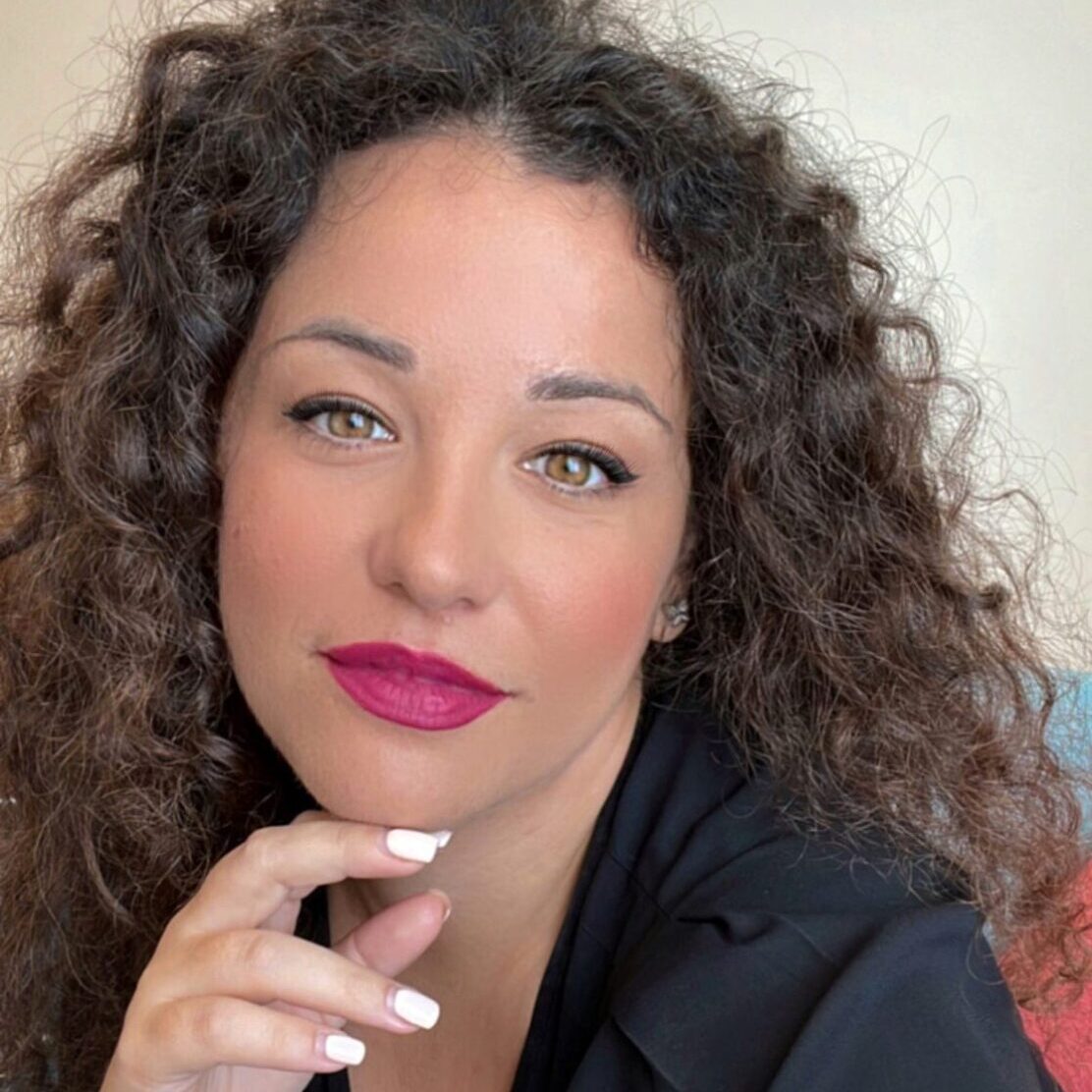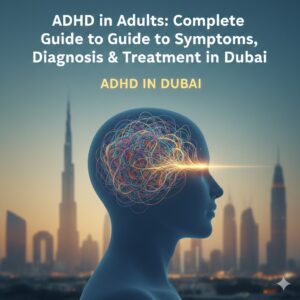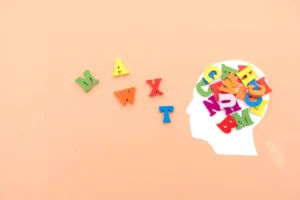How Psychoeducational Assessments Help Shape Better Learning Plans in School
This article has been researched and written by Sara Caroppo. AI has not been used in producing this article.
No two children are the same. Every child brings a unique mix of strengths, challenges, and ways of learning into the classroom. Two kids might both struggle with reading, yet for completely different reasons. That’s where psychoeducational assessments step in—they give us a full picture of how your child thinks, learns, and even feels, looking at everything from their cognitive and academic skills to their emotions and behaviors. With those insights in hand, teachers, specialists, and families can craft a learning plan that really fits your child. At ClearMinds Center, we believe understanding your child’s individual psychoeducational profile is the first step to helping them shine.
What Exactly Is a Psychoeducational Assessment?
Think of a psychoeducational assessment as a deep-dive into how your child learns and thinks. We don’t just glance at report cards or classroom behavior—we pull together standardized tests, in-the-moment observations, and friendly chats with your child (and you!) to get the full picture. Here’s what we look at:
Imagine watching your child as they tackle a new story—do they pick up unfamiliar words like little detectives, or do they pause to puzzle out each one? That’s us getting a feel for how they think. Then there’s the way they dive into reading or math: maybe they sail through a chapter book but hit a wall with word problems, or they love counting games but stumble over spelling tests.
You’ll see how your child tackles step-by-step tasks: do they jump right in—gathering their markers, sketching a quick outline, and powering through—or do they hesitate, wondering where to begin? And just as important, we tune into their mood: are they excited and ready to go, or does a bit of jitters hold them back? Those little everyday moments show us exactly where they shine and where a helping hand can make all the difference.
Leveraging Results to Empower Your Child
Armed with detailed assessment results, educators collaborate to design an individualized education plan tailored to each learner’s needs. Key elements often include:
- Hands-on learning techniques: not all children learn through reading and writing. Many children respond better to a kinetic or “hands on” approach. For example, your child may engage more when they can move letter tiles around instead of staring at flashcards.
- Customize technology for learning: some children need technology to assist with their learning. For example, they may respond better to reading with an app that reads the word out loud – highlighting each word as it’s spoken. Others might need to write out their written assignments with a computer. The idea is to find what works best for your child and their specific needs.
- Classroom accommodations: a psychoeducational assessment can identify special in-class accommodations to assist with their learning and processing. For example, they may need extra time for tests, to sit in the front of the classroom, or require breaks to get their wiggles out.
When your child’s support plan flows directly from their own strengths and challenges, there’s no more guessing. Teachers know exactly how to help, you see progress happen, and your child gets the boost they need to thrive.

Partnering with Schools and Families
Successful learning plans depend on collaboration. At ClearMinds Center, we work directly with parents, teachers, and school psychologists to:
- Review and interpret assessment findings together
- Prioritize goals that meet both academic standards and personal growth
- Adjust strategies as the student develops new skills or encounters fresh challenges
Our ongoing consultation ensures that as a child grows, their learning plan evolves—keeping pace with changing needs and fostering continual improvement.
Unlock Your Child’s Potential
Every student deserves a roadmap to success that reflects their individual learning journey. Psychoeducational assessments provide the clarity needed to build these personalized plans, transforming uncertainty into targeted action and real progress. If you’re ready to discover how a psychoeducational assessment can shape a brighter educational path for your child, contact ClearMinds Center today.
Let’s work together to unlock your student’s fullest potential.
Anxiety Disorders Explained: Types, Symptoms & When to Seek Help
This article has been researched and written by Mariam. AI has not been used in producing this article. Worry is part of being human. But when anxiety stops being a passing feeling and starts shaping every decision you make – what you avoid, how you sleep, how you show up at work and in relationships…
ADHD in Adults: Complete Guide to Symptoms, Diagnosis & Treatment in Dubai
This article has been researched and written by Mariam. AI has not been used in producing this article. For many adults living in Dubai, the struggle is familiar: missed deadlines, a desk that never stays organized, conversations you tuned out halfway through, and an inner voice that has spent decades whispering that you are simply…
Mental Health During Ramadan: 7 Tips for Emotional Wellbeing
This article has been researched and written by Mariam. AI has not been used in producing this article. Ramadan is a month of deep spiritual renewal, gratitude, and community. But for many Muslim residents and expats across Dubai and the UAE, it can also bring unexpected emotional challenges. Sleep disruption, fatigue, heightened anxiety during Ramadan,…
Famous People with Dyslexia
Representation matters especially when there is a stigma around dyslexia and learning disabilities in general …
Third Culture Kids: Growing Strong Roots in a Mobile World
In a city like Dubai, it is not unusual to meet a child who has already lived in three countries, attended four different …
What Can I Do If Someone Is Bullying Me at School?
If someone keeps being mean to you, teasing you, hurting you, or leaving you out on purpose, this is called bullying…







